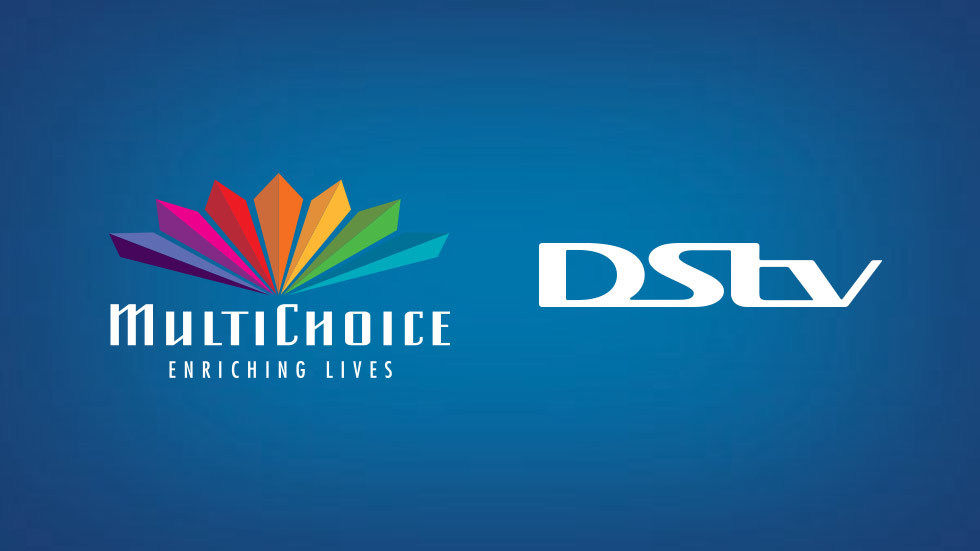Technology
NCC Clamps Down on Pre-registered SIM Card Sellers

Telecommunications
Nigeria’s Mobile Subscriptions Drop by 5.4 Million in Q1 2024, NIN Enforcement Blamed
Fintech
Fintechs Instructed to Report Cryptocurrency Transactions to Authorities in Nigeria
Technology
Multichoice Nigeria Rolls Out Tariff Increase Despite Tribunal’s Interim Order
-

 Forex4 weeks ago
Forex4 weeks agoZiG to the Rescue: Zimbabwe Shifts Gear with New Currency Backed by Gold
-

 Naira4 weeks ago
Naira4 weeks agoDollar to Naira Black Market Today, April 9th, 2024
-

 Billionaire Watch4 weeks ago
Billionaire Watch4 weeks agoNigerian Billionaire Tony Elumelu Contemplates Acquiring NPFL Club
-




 Naira4 weeks ago
Naira4 weeks agoDollar to Naira Black Market Today, April 8th, 2024
-







 Naira3 weeks ago
Naira3 weeks agoNaira Hits Eight-Month High at 1,120/$ Amidst Central Bank Reforms
-



 Naira3 weeks ago
Naira3 weeks agoDollar to Naira Black Market Today, April 17th, 2024
-







 Naira2 weeks ago
Naira2 weeks agoDollar to Naira Black Market Today, April 18th, 2024
-

 Economy4 weeks ago
Economy4 weeks agoSiemens $2.3bn Power Project Sees Advancement with Arrival of Transformers, Substations, Announces Minister
























